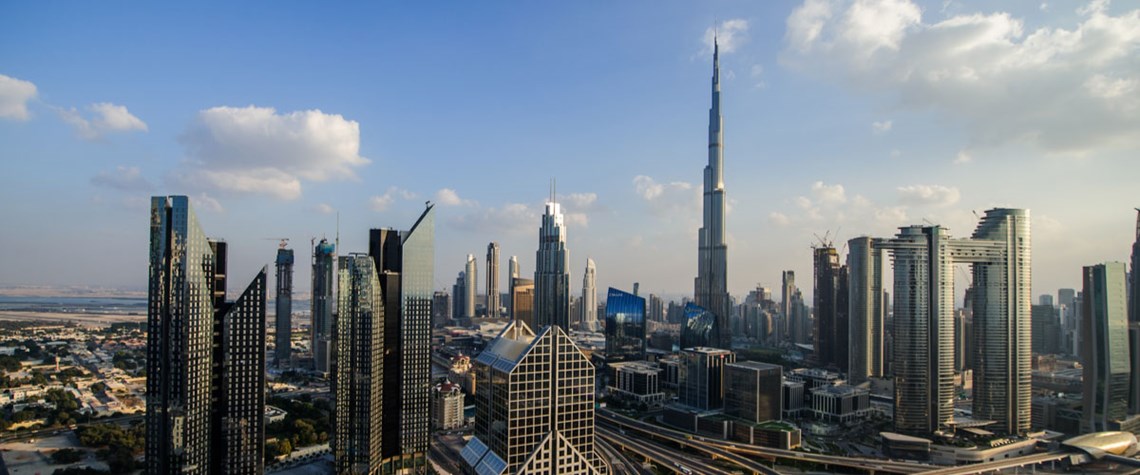Dubai doubles down on sustainability drive
New emissions targets and switch away from coal highlight fresh sustainability push
Dubai’s sustainability efforts have seen a step change in recent weeks. Earlier this month, the government’s Supreme Council for Energy updated its decarbonisation targets to encompass a 30pc reduction in emissions by 2030. This followed a belated decision to abandon coal-fired power generation and the granting of royal approval for a multibillion-dollar waste-management strategy. Dubai is in one sense a clean energy pioneer, as it has been importing LNG since 2008. But the government is also overseeing the phased development of the region’s largest single-site solar power facility, the Mohammed bin Rashid al-Maktoum Solar Park, designed to have a capacity of 5GW by 2030. The Dubai Clean Ene

Also in this section
9 January 2026
A shift in perspective is needed on the carbon challenge, the success of which will determine the speed and extent of emissions cuts and how industries adapt to the new environment
2 January 2026
This year may be a defining one for carbon capture, utilisation and storage in the US, despite the institutional uncertainty
23 December 2025
Legislative reform in Germany sets the stage for commercial carbon capture and transport at a national level, while the UK has already seen financial close on major CCS clusters
15 December 2025
Net zero is not the problem for the UK’s power system. The real issue is with an outdated market design in desperate need of modernisation







